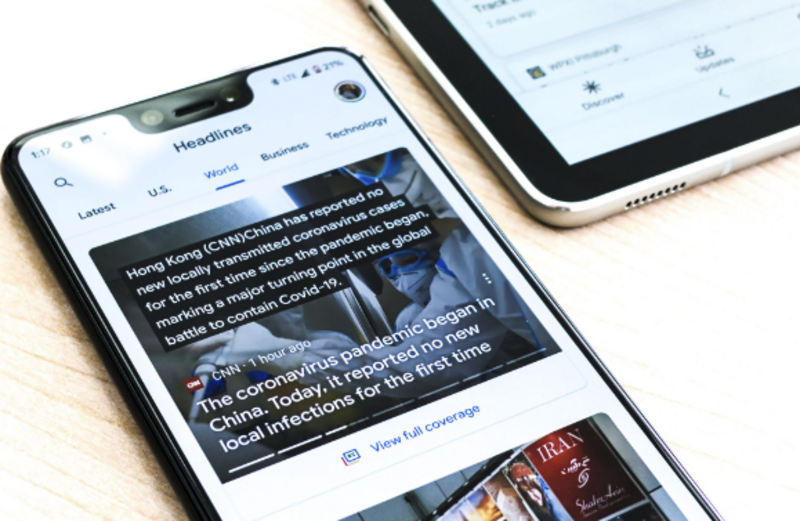The Associated Press might’ve been the first news outlet to cut an AI licensing deal, but they made sure they weren’t giving OpenAI an early-bird discount.
What’s happening: Associated Press (AP)—the first news publisher to strike a content licensing deal with OpenAI—has built-in safeguards to the agreement that reflect the uncertainty of news content’s value in a future with powerful AI platforms, per the Wall Street Journal.
-
The ‘first-mover’ clause is designed to protect AP by allowing them to renegotiate the terms of the agreement if another publisher lands a more lucrative deal with OpenAI.
Why it’s happening: Tools like ChatGPT pull information from news sources, and publishers worry that people will eventually bypass their websites—and ads—altogether to get their information. They want to make sure that if chatbots are using their stories, they’re getting a cut.
Why it matters: AP including this level of protection in their deal shows that the news media doesn’t yet know how valuable their content is to AI models.
-
News Corp, the parent company of The Wall Street Journal, has hired consultants to try and assess the value of its content, specifically for training AI.
-
While AP didn’t release the financial details of its deal with OpenAI, the figures will likely serve as a benchmark for determining the value of news content for future deals.
Zoom out: The emergence of AI technology has quickly forced publishers to explore new ways to protect and monetize their content.
-
News Corp has toyed with the prospect of using blockchain technology to tag individual pieces of content to determine if AI models are using it without permission.
Bottom line: The media industry doesn’t want to repeat its mistakes of the early internet era when tech companies like Google and Facebook devastated the news media’s business model.—LA
